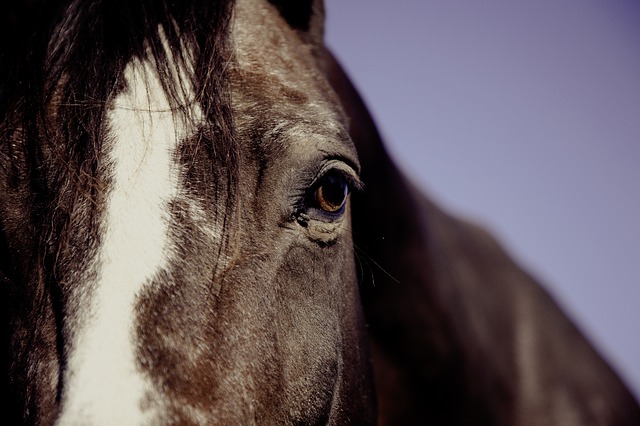The New South Wales (NSW) Department of Primary Industries (DPI) is urging horse owners to remain vigilant, following confirmation of Hendra virus infection in an unvaccinated horse near Lismore.

NSW Chief Veterinary Officer, Dr Christine Middlemiss, said the property near Lismore has been placed under movement restrictions by Local Land Services.
“This is the first case of Hendra virus confirmed in NSW this year,” Dr Middlemiss said.
“Samples from the horse were sent by a private veterinarian for laboratory analysis at DPI’s Elizabeth Macarthur Agricultural Institute (EMAI) and results from testing at EMAI confirmed the Hendra virus last night.
“The 11-year-old gelding was euthanased near Lismore last night by the Local Land Services district veterinarian.
“The horse was noticed to be lethargic on Thursday 6 July. On Friday 7 July the horse was not eating and was wobbly on its feet.
“There has been a case of Hendra virus in the area before.
“All known Hendra virus cases have occurred in Queensland or northern NSW, but cases could occur wherever there are flying foxes or in horses that had recent contact with flying foxes prior to movement.”
All horse owners should discuss a Hendra virus vaccination strategy with their veterinarian.
“Vaccination remains the most effective way of reducing the risk of Hendra virus infection in Horses, but good biosecurity and personal hygiene measures should always be practiced in conjunction with it,” Dr Middlemiss said.
LISTEN: Everything you wanted to know about rabies
“Horses should also be kept away from flowering and fruiting trees that are attractive to bats. Do not place feed and water under trees and cover feed and water containers with a shelter so they cannot be contaminated from above.”
Officials say if your horse is unwell, keep people and other animals away from the horse and call your private veterinarian immediately.
Hendra virus is a zoonotic disease, which means it can transfer from animals to people. The virus was first isolated in 1994 in horses at a racing stable in Hendra, Brisbane.
Flying foxes are a natural reservoir for Hendra virus. Flying foxes do not show any signs of illness when infected with Hendra virus.
Hendra virus can cause disease in horses but only rarely in humans. It can be transmitted from flying fox to horse, horse to horse, and horse to human.
There is no evidence that the virus can be transmitted from flying fox to human, or human to horse, or human to human. The few cases of Hendra virus infection in people have been the result of very close contact with respiratory secretions (e.g. mucus) and/or blood from an infected horse.
Related:
- Dog flu 101: An interview with Dr Cynda Crawford
- Raccoon roundworm: The rare and potentially lethal zoonosis
- Bangladesh reports nine Nipah virus cases to date in 2015
- Lyssavirus: 5 bats test positive for virus in NSW this year
- Strangles reported in Pinellas County horse
- New treatment for drug-resistant gonorrhea, Zoliflodacin, to enter global Phase 3 clinical trial
- Romania measles cases up to 7600, Italy reports 2nd measles death
- 4th human rabies case reported in Sarawak



